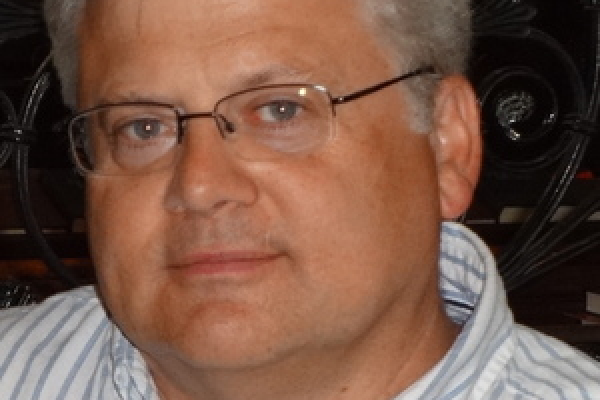
Professor Hannibal Hamlin of the Department of English will deliver the first talk in the 2015-2016 "Religions of the World: Past and Present" Community Lecture series. His lecture, like all others in the Center for the Study of Religion-sponsored series, is free and open to all. There will be a brief question-and-answer session and a reception following the lecture.
Abstract: Since Jacob Burckhardt's foundational The Civilization of the Renaissance in Italy (1860), the "Renaissance" has been considered a secular cultural movement, the rekindling of the light of humanistic arts and sciences after the dark ages of medieval Christianity. The relabeling of the period the "early modern" has only encouraged this notion. The Renaissance is the "early modern," since it was the first critical step toward the modern period, which we inhabit, which we understood to be enlightened, democratic, and secular. In keeping with this conception, the great achievements of Renaissance literature were understood to be free, secular, and human-centered. This lecture will argue that Renaissance literature was never secular, and that writers like Shakespeare, Sidney, and Spenser, let alone Milton, were thoroughly immersed in a culture that was pervasively biblical and religious. Much recent scholarship has come to recognize that applying the modern distinction between sacred and secular to the Renaissance is a meaningless anachronism, at the same time that we have had to recognize that our modern world may not be as secular as we thought.
A recording of this talk is available upon request. Please email religion@osu.edu to request a copy.
